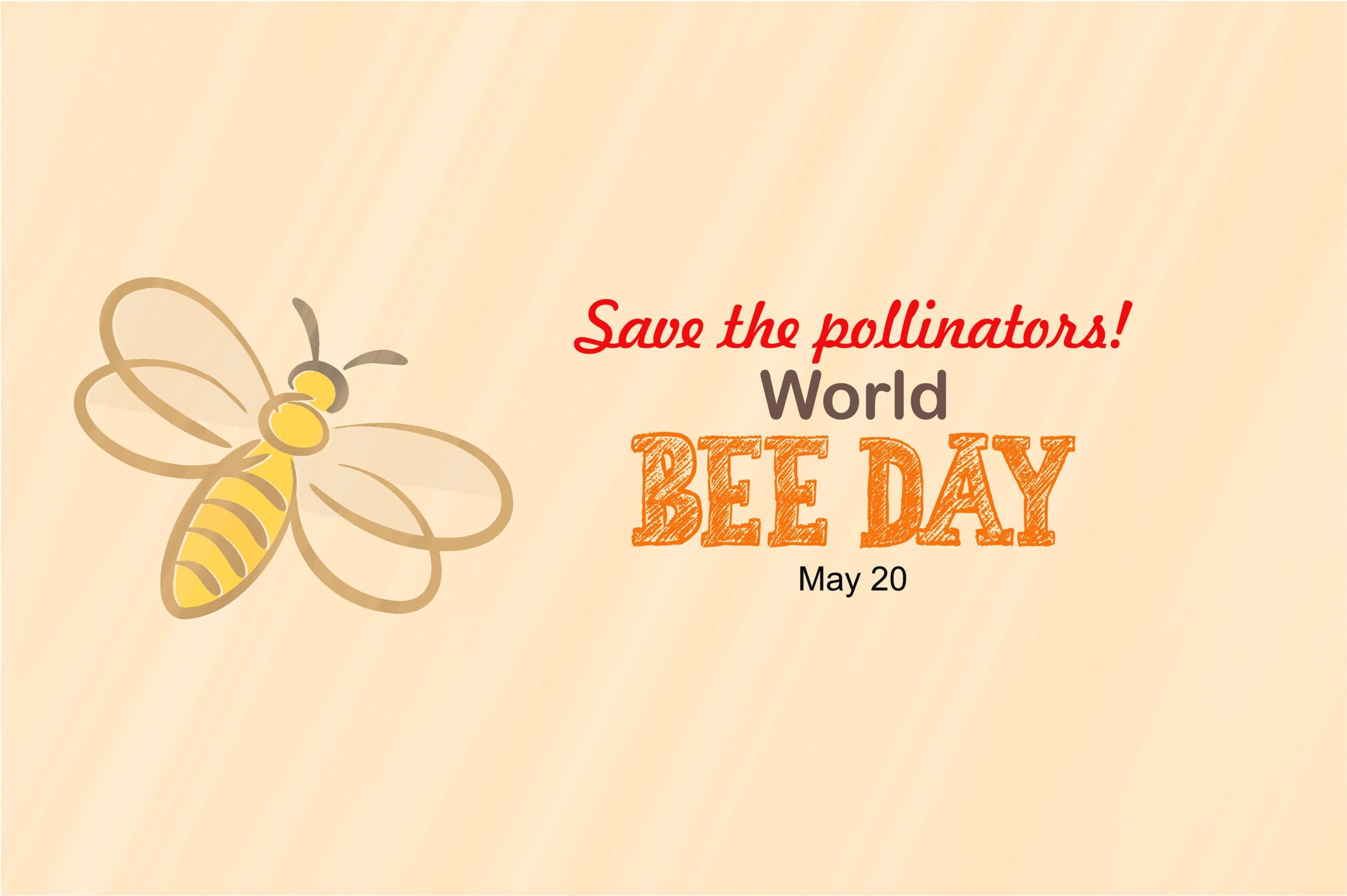World Bee Day is a day of awareness about the importance of honey bees and why we need to protect them and other such pollinators. Designated by the United Nations, World Bee Day seeks to inform and educate people about honey bees and their impact on our biodiversity. For example, it is estimated that one out of every three mouthfuls of food we eat depends on honey bees and the pollination process. But honey bees are facing extinction, with a 2021 report by the Center for Biological Diversity and the Bombus Pollinators Association of Law Students finding that American honey bees had decreased by some 89%. World Bee Day is a day of awareness about the harmful effects of pesticides, climate change, and habitat loss on honey bees – and what we can do to reverse this.

Five World Bee Day facts you won’t “bee-lieve!”
Bees are the most important pollinator in the world and have been for centuries. But here are some interesting facts you may not know about these winged creatures:
- The average honey bee will only make around 1/12th of a teaspoon of honey in its entire lifetime.
- A single bee visits 50 to 100 flowers on each pollination trip.
- Almost 75% of the crops grown in the world rely on honey bee pollination.
- Bees have four wings!
- There are over 25,000 different species of bee – and many of them can’t even sting!
